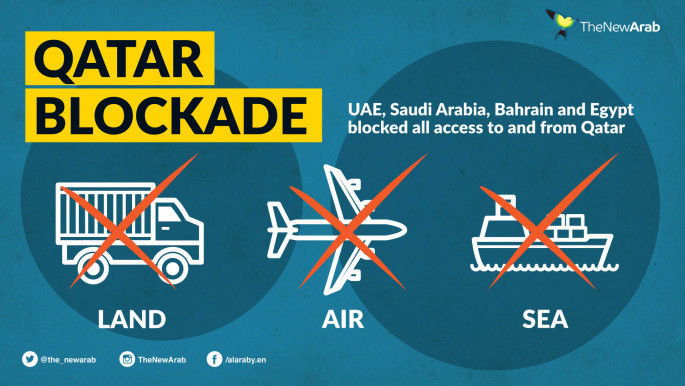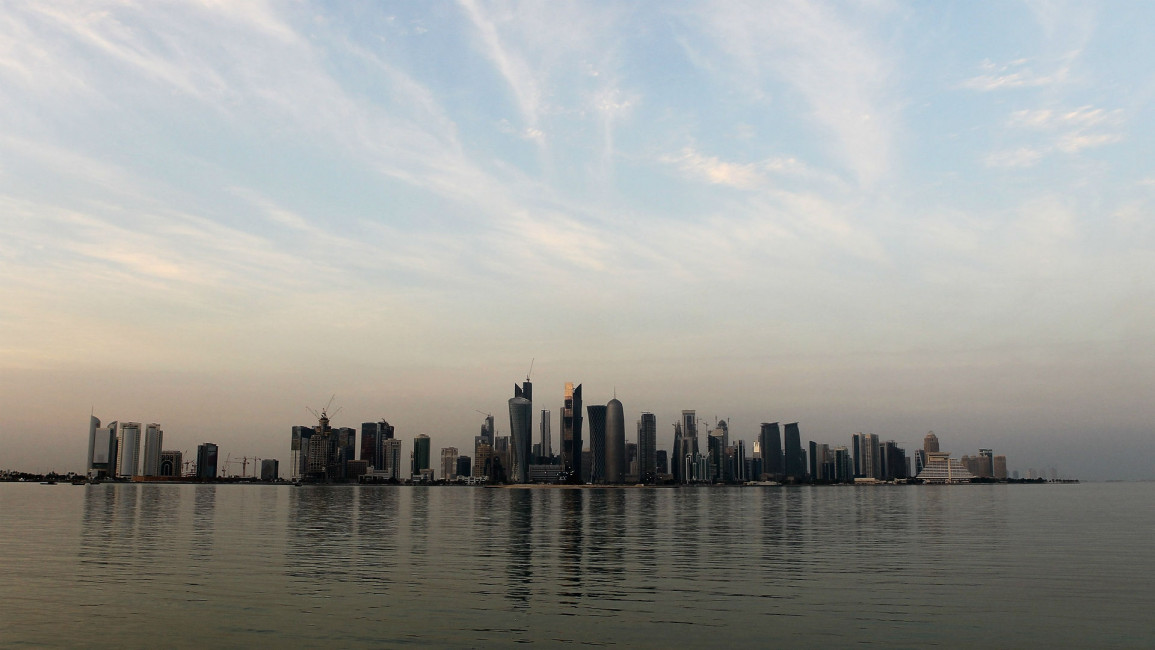Qatar accuses UAE of 'violence and hatred' at ICC, as blockade continues
Qatar has accused the UAE of a "campaign of violence and hatred" against its citizens, urging the International Court of Justice to quash a case brought by Abu Dhabi.
The Gulf states are locked in a battle at the UN's top court, where the UAE on Tuesday asked judges to stop Qatar "severely aggravating" a two-year-old crisis between Doha and other countries in the oil-rich region.
On Wednesday, Qatar's lawyers hit back, saying in fact it was Abu Dhabi who continued with "discriminatory policies that severely impacted Qatari citizens".
"It is the Qatari people who are the true victims in the racial discrimination case, not the government of the UAE," Qatar's representative Mohammed Abdulaziz Al-Khulaifi said.
This included Abu Dhabi's move to gag the Doha-based and state-funded Al Jazeera global news network, which was accused of spreading "propaganda", the lawyer told the Hague-based tribunal.
"The silencing of... media voices is part-and-parcel of the UAE's campaign to incite violence and hatred against Qataris," Khulaifi said.
 |
|
"Qatar has long been engaged in the fight against global terrorism and it continues to be."
In June 2017, Saudi Arabia, the UAE, Bahrain and Egypt severed diplomatic and economic ties with gas-rich Qatar, accusing it of links to extremist groups.
Qatar has consistently denied the allegations and repeatedly called for dialogue to end the crisis
Gulf states also ordered Qataris to leave within 14 days as well as calling home their own citizens, with the UAE announcing draconian jail terms of 15 years for anyone who expressed sympathy with Qatar.
Last June, in a case brought by Doha, the ICJ ruled that the UAE must allow families which include Qatari members to be reunited, and that students from the blockaded Gulf state must be given the chance to complete their education in the Emirates.
But Abu Dhabi on Tuesday went back to court, accusing Doha of blocking its own citizens from accessing Emirati websites to ease travel issues, and therefore failing to honour last year's judgment.
Khulaifi parried those claims on Wednesday, saying that Doha found a "high risk security breach" on the UAE's website including so-called "malware" designed to infiltrate Qatar's information systems.
He said Doha told Abu Dhabi about the breach but the UAE was "yet to take steps".



